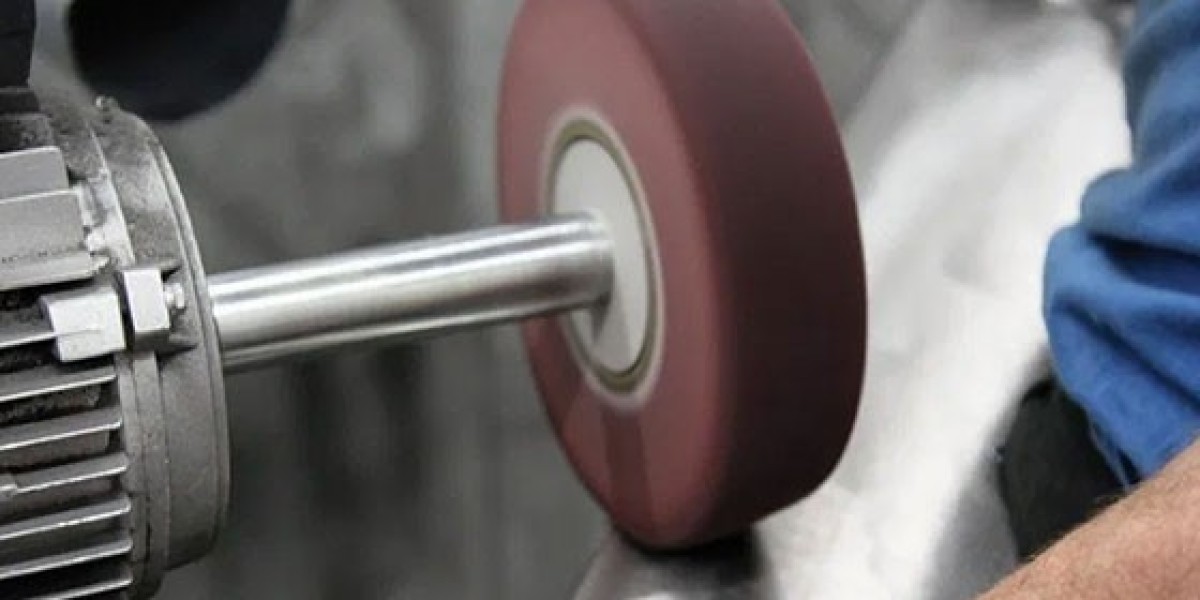As cities grapple with the dual challenges of urbanization and climate change, Pvcfloortile WPC Flooring Factory emerges as a critical player in reimagining construction materials. These facilities operate as hubs of circular innovation, where agricultural byproducts and post-industrial plastics converge to create resilient, low-carbon flooring. WPC Flooring Factory methodologies reject linear production models in favor of regenerative cycles: rice husks from farming cooperatives and recycled polymer pellets are blended into composite boards, their durability rivaling traditional hardwood without deforestation. Energy-efficient extruders shape materials at lower temperatures, slashing emissions while maintaining structural integrity.
The impact resonates across architectural projects. Green-certified office towers install WPC Flooring Factory products for their thermal insulation properties, reducing reliance on energy-intensive HVAC systems. Public parks incorporate slip-resistant variants made from repurposed fishing nets, diverting ocean plastics into functional urban installations. Disaster relief initiatives benefit from modular WPC systems that enable rapid deployment of temporary shelters, with materials designed for eventual recycling.
Strategic partnerships drive industry-wide change. Factories collaborate with municipal waste management programs to establish collection networks for plastic and wood waste, feeding these materials back into production. Research alliances explore bio-based binding agents to replace synthetic resins, further reducing the carbon footprint of flooring.
Localized solutions address regional needs. Coastal factories develop salt-resistant composites for maritime infrastructure, while mountainous regions utilize reinforced blends to withstand freeze-thaw cycles. Each adaptation reinforces the factory’s role in building climate-resilient communities.click https://www.pvcfloortile.com/product/wpc-flooring/wpc-decking-flooring/ to reading more information


